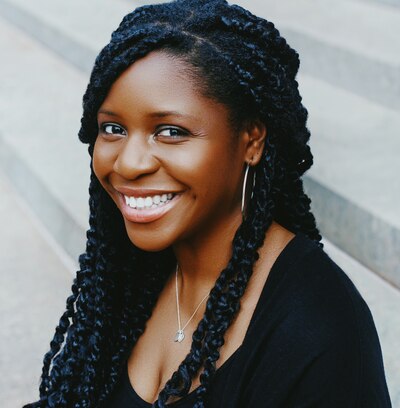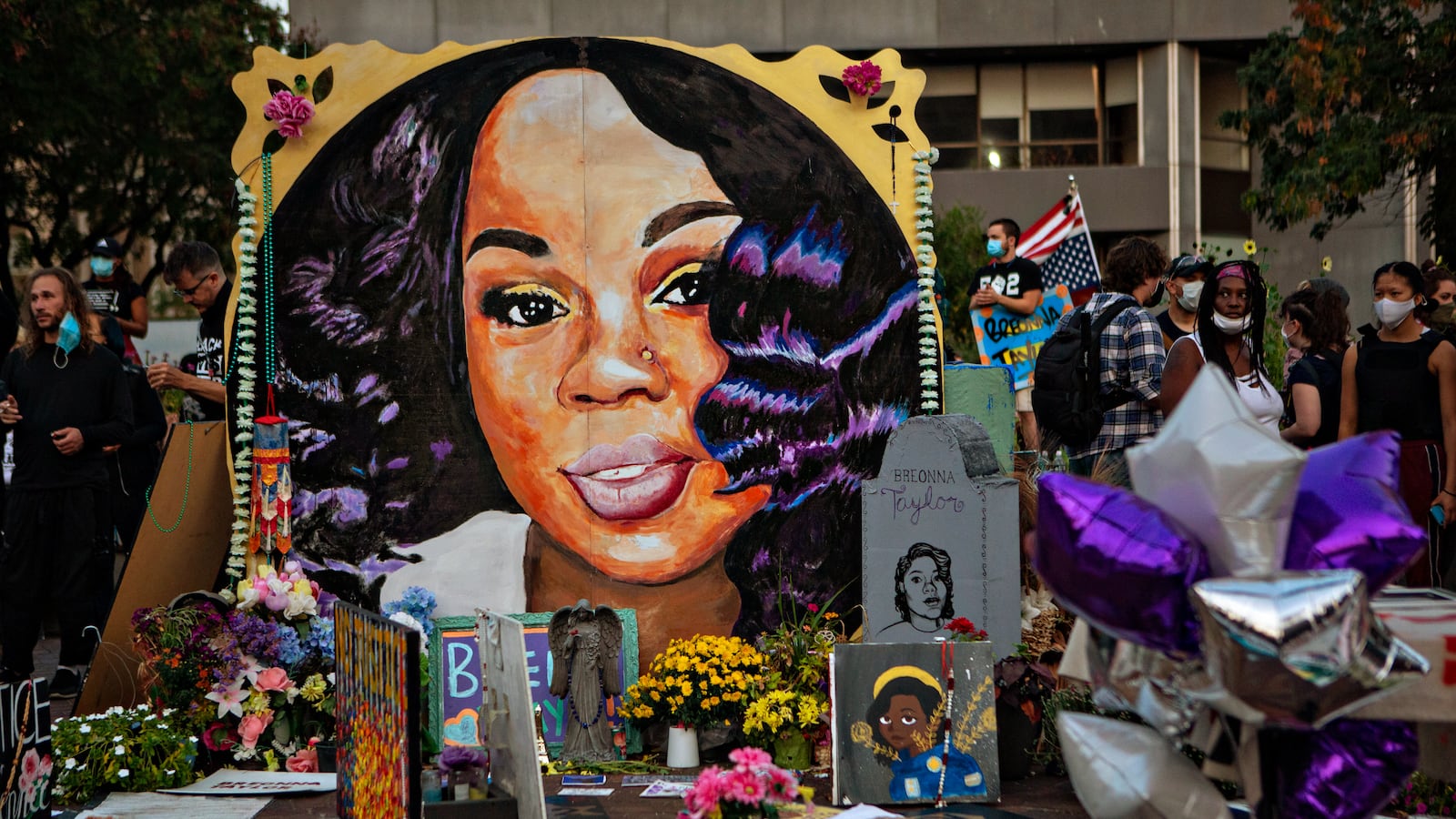I was not surprised when I heard the decision that came more than six months after police killed Breonna Taylor, a 26-year-old Black woman, in her own home.

Sad, yes, but not surprised when just one of the three Louisville officers was charged in this shooting — not with Breonna’s death, but with the much lesser crime of endangering her neighbor, since some of their bullets ended up in an adjacent apartment.
In Breonna, I saw myself. I saw my sisters. I saw my friends. I saw girls I grew up with. So on the day after the officer was charged, as I prepared to teach my fifth grade class remotely, I drafted an email to the staff at the Bronx public school where I teach.
I hurt for Breonna, for her family, and for all of the Black women who were victims of this grand jury decision. A decision that said there was no protection for us, a decision that reminded us that we are marginalized in America, a decision that said police officers can enter our homes, unannounced, and rob us of ourselves without consequence.
Sitting in front of my computer, I told my colleagues of my grief and anger.
“If you are feeling discomfort around this issue,” I wrote. “I invite you to welcome that discomfort and allow it to be a motivator for change. One way we can create change as educators, is to disrupt the system of policing.”
When Americans think about the problems with policing, they often think about law enforcement officers in uniform. But as a teacher in the Bronx, I know that policing happens in the classroom, too, when educators enforce codes, rules, and regulations that students have never agreed upon. Classroom policing is often cleverly masked behind color-coded charts, apps with cute avatars, point systems, and weekly trips to the prize box. Teachers dangle carrots as a means to patrol students’ language and behaviors, or to regulate their bodies.
Students who bear the brunt of this policing are those often labeled “troublemakers.”
Carla Shalaby, in her book “Troublemakers: Lessons in Freedom from Young Children at School,” describes these students as “the caged canaries, children who are more sensitive than their peers to the toxic environment of the classroom that limits their freedom, clips their wings, and mutes their voices.” These students may be removed from the classroom community — held in detention or left out of the weekly prize box earnings.
Remote learning did not provide any solace for our “troublemakers.” On the contrary: There were news reports of a school calling the cops on a seventh grade boy when he played with a toy gun during a remote lesson and of a teenage girl sent to juvenile detention for not completing her online homework. In the remote setting, the carrots are gone and the only semblance of regaining control is punitive. We resort to control when we don’t have relationships.
My email to my colleagues continued: “As we are working with students remotely, please ask yourselves: ‘How am I policing students in their homes?’ What rules am I creating that may feel punitive? Am I creating routines and procedures that are inclusive of the cultures and customs of students in their homes? Am I policing language? Are students allowed to express themselves in ways that are familiar and safe, even though they are not familiar to me? How am I policing bodies? Are students allowed movement and wiggle time? Am I policing their families and loved ones by commenting or judging what I may see and hear in the background?”
I reminded them that while “remote teaching gives us access to the students in their living spaces, we have no jurisdiction over students in their homes.”
Police entered Breonna Taylor’s home, where Breonna had been sleeping, and used violence to enforce their dominance. But what would it mean to shout a resounding “NO!” to the system of policing? We can start by not mimicking the police in our classrooms. We can show respect when entering students houses for the codes, rules, and regulations that already exist there. We can create online environments that encourage freedom, gives students their wings, and amplifies their voices.
In hopes of fostering these spaces — real and remote — I ended my note to colleagues like this: “Though the Breonna Taylor verdict may not have brought about the justice we longed for ... we can choose to not be complacent in the system that failed her. There is tremendous power in resistance and it can start within our school.”
Islah Tauheed is currently a fifth grade teacher in the Bronx, where she integrates a variety of curriculums and projects, including STEM, that reflect the diverse background of students in the school community. Islah is a graduate of Teachers College, Columbia University, and a former Heinemann Fellow.



